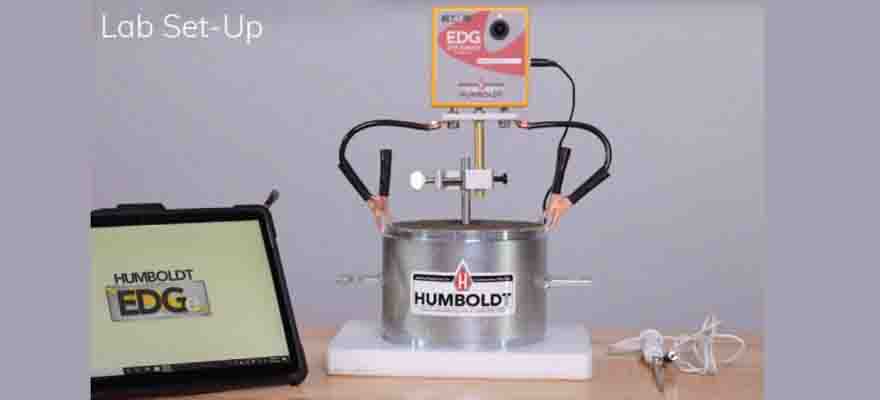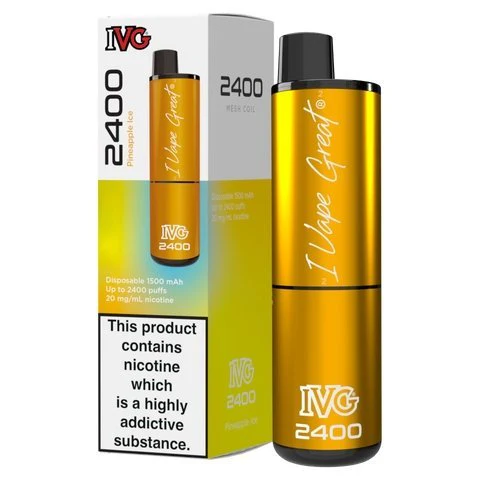Field Testing Equipment Supplier vs Manufacturer: What’s the Difference?
When you’re sourcing field testing equipment for construction, geotechnical, or civil engineering applications, it’s important to know whether you’re working with a supplier or a manufacturer—and more importantly, what that means for your business. While both play vital roles in the equipment supply chain, their responsibilities, capabilities, and value offerings differ significantly.
This article breaks down the key differences between a field testing equipment supplier and a manufacturer, and how understanding these roles can help you make more informed decisions for your project or lab setup.
Understanding the Basics
A manufacturer is the entity that designs, engineers, and produces equipment using raw materials and in-house technology. They control the entire production process and are often the origin point for technical innovation, product development, and customization.
A supplier, on the other hand, acts as the bridge between the manufacturer and the end user. Suppliers typically stock a range of products from various manufacturers and provide sales, logistics, and sometimes limited support services to customers.
1. Product Expertise and Customization
Manufacturers have deep knowledge of the equipment they produce. If you’re working on a unique testing project, a manufacturer can offer product customization, software adjustments, or design tweaks tailored to your needs.
For instance, if your project demands specialized equipment like the Rock Fracture Test, which is used for determining in-situ stress conditions in rocks, only a manufacturer will likely have the capability to customize the system or develop accessories based on project-specific needs.
Suppliers, in contrast, may offer a broad portfolio but often rely on the manufacturer for technical customization.
2. Product Availability and Range
Suppliers typically offer a wide selection of tools from multiple manufacturers. This can be beneficial if you’re setting up a lab that requires various instruments such as a Non Nuclear Density Gauge for compaction control or Pundit UPV Tester for concrete inspection.
Manufacturers, however, may focus on a specific domain or limited product category. For example, a manufacturer specializing in Rock Triaxial Testing Equipment may not offer tools for asphalt testing or soil consolidation. This is where a supplier can fill in the gaps by sourcing equipment from various specialized brands.
3. Pricing and Bulk Discounts
Working directly with a manufacturer may result in better pricing, especially for bulk orders or institutional contracts. Since there’s no middleman, manufacturers can offer discounts, extended warranties, or bundled services.
Suppliers, however, can offer competitive pricing based on volume purchasing from multiple manufacturers. They might even offer value-added services like packaged deals on complete lab setups, especially from categories like Soil Lab Equipment Supplier inventories.
4. After-Sales Support and Maintenance
This is where the line gets blurry. While manufacturers are expected to offer technical support, calibration, and part replacement, a good supplier will also extend this support to their clients. However, the depth of this support often depends on the supplier’s technical training and infrastructure.
If you’re purchasing advanced systems such as the Asphalt Mix Performance Tester, which requires software updates and periodic calibration, it’s wise to check whether your supplier can handle support in-house or if they rely entirely on the manufacturer.
5. Delivery and Logistics
Suppliers often have local warehouses, allowing for quicker delivery and flexible payment terms. For frequently used tools like the Automatic Marshall Compactor, this can be a huge benefit in fast-paced environments like road construction projects.
Manufacturers might take longer to dispatch goods, especially if the equipment needs to be built to order. However, they can assure better packaging, documentation, and traceability for compliance-heavy industries.
6. Innovation and Product Updates
Manufacturers are typically at the forefront of product innovation. They introduce new models, improve accuracy, integrate digital controls, and add software features. For example, in dynamic soil testing, the Resonant Column Test Apparatus is continuously evolving to provide more accurate data for seismic studies.
Suppliers may get access to these innovations only after the products are publicly launched. So, if staying ahead with cutting-edge technology is your priority, direct engagement with a manufacturer could be more beneficial.
7. Training and Demonstrations
Manufacturers usually offer in-depth training programs for their machines—sometimes at their facility, sometimes on-site. This is crucial for sophisticated devices like the Automatic Consolidation Test Apparatus which require understanding of both hardware and software components.
Some advanced suppliers also provide training but may rely on manufacturer-led sessions or third-party trainers.
Which One Should You Choose?
Here’s a quick way to decide:
- Choose a manufacturer if:
- You need customized solutions.
- You are buying in bulk.
- You require advanced technical support and direct access to R&D.
- Choose a supplier if:
- You want multiple products from different brands.
- You need fast delivery and consolidated billing.
- You prefer local support and logistics convenience.
Conclusion
The choice between a field testing equipment supplier and a manufacturer depends on your project needs, budget, and the level of support you expect. Whether you’re purchasing a single Pundit UPV Tester or setting up a full-scale lab with soil testing tools, understanding the difference between these two roles will help you make smarter, cost-effective, and reliable procurement decisions.
In some cases, companies like Avantech Engineering Consortium operate as both a manufacturer and a supplier—offering end-to-end solutions that combine the best of both worlds. Always evaluate your long-term goals and choose a partner who can grow with your testing demands.















